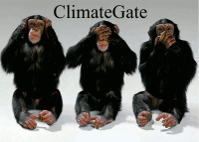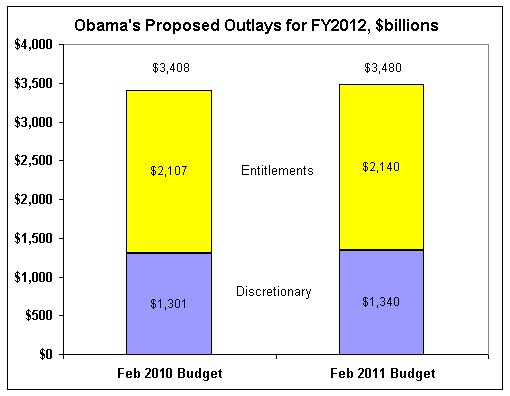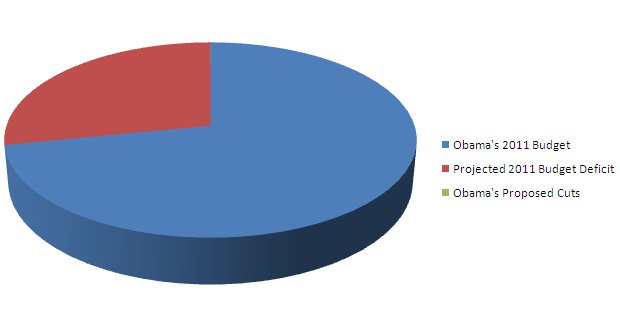Article Archives by Subject: Unemployment
|
Permalink 
Federal Jobs |
Subject: Solving the Unemployment Problem — One Federal Job at a Time In his State of the Union address, Barack Obama stated that he was going to focus on solving America's unemployment problem. A few days later he released details for his $3.8 trillion 2011 budget, indicating his intention to continue with his, so far, spectacularly failing plan to spend his way out of our economic woes. Today in the Wall Street Journal (WSJ), there is a report entitled Uncle Sam Wants You, which highlights just exactly how and where all of this "economic stimulus" is actually paying off. And the answer is: in the ranks of federal employees. As the WSJ reports, "civilian full-time equivalent employees" within the government's ranks has increased 14.5% in just the past two years, bringing 20 2.148 million, the number of federal employees in 2010. Unlike workers in private industry, federal employees neither produce nor contribute to the production of tangible goods and services that form the basis of our economy. Where as a worker in the private sector acts to generate wealth which pays for their own employment, government is simply a net consumers of wealth, and every new federal employee place an additional burden on the remainder of the economy to carry them. So, as usual, Obama is merely shuffling papers, moving names from the list of the "unemployed" to a new list of "federal workers". But the net effect is zero, because the funds for the salary of a government worker must be extracted from the surplus economic efforts of productive private-sector employees, just as the funds for an individual who receives an unemployment check must first be produced by others. It is all a game of smoke and mirrors, with no actual economic gain. But there is a terrible economic cost to all of this. For the billions and trillions of dollars that the government removes from the economy, directly through taxes, or indirectly through inflation, are funds no longer available for capital investment by businesses actually engaging in processes of true wealth creation. This retards the recovery and expansion of the economy, which means new productive jobs are not created, which means that real unemployment remains high. |







